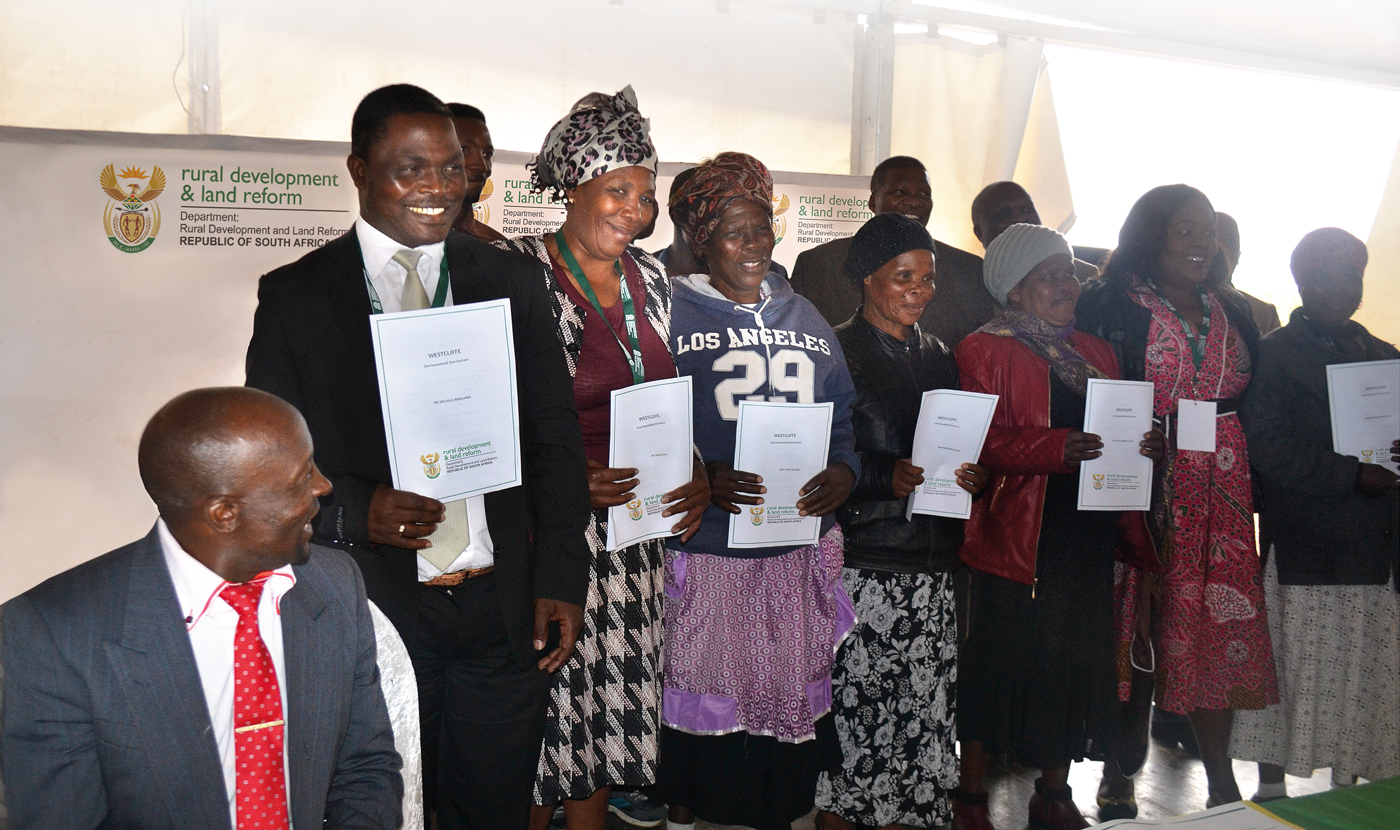The South African sugar industry makes an important contribution to the economy given its agricultural and industrial investments, labour intensity, and linkages with suppliers, support industries and customers. The industry is a catalyst to development and creates employment in rural and deep rural areas where there is often little other economic activity.
Direct employment in the sugarcane field and the sugar mills cuts across a diverse array of skills from farm labourer to agricultural scientist. There are approximately 85 000 direct jobs and 350 000 indirect jobs. Approximately one million people, or 2% of South Africa’s population, depend on the canegrowing and milling activities of the industy.
Sugarcane is a bulky commodity which requires rapid post-harvest processing to preserve the sucrose in the cane stalk. As a result sugar mills are located as close as possible to cane supply. The financial viability of these significant capital investments is dependent on a sustainable supply of sugarcane in each mill supply area. The economic activity generated in rural areas because of sugarcane cultivation and production creates jobs in support industries and commerce.
The drought has affected the livelihoods of people employed directly and indirectly by the industry, particularly in rural areas where there is little employment. Some sugar mills in the industry were not opened, or remained closed for extended periods during the 2015-2016 season due to a lack of cane availability within the milling area signifying the severity of the drought. Although the drought affects all growers, small-scale growers, land reform growers and new entrant growers are the hardest hit.
